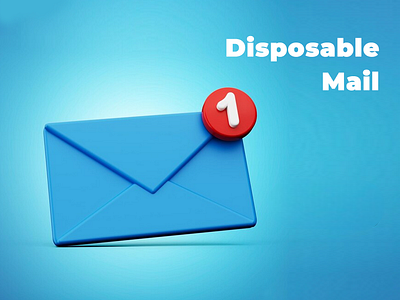Introduction
In today's digital landscape, email addresses are pivotal for communication, account verification, marketing, and numerous online services. However, the ubiquitous use of email addresses exposes users to privacy risks, spam, and phishing attacks. To combat these issues, fake email address generators have emerged as an essential tool. This article explores the concept of fake email address generators, their uses, benefits, potential risks, and their impact on digital privacy and security.
What is a Fake Email Address Generator?
A fake email address generator creates temporary, non-permanent email addresses that users can utilize for various purposes. These email addresses are typically valid for short durations and are used to receive emails without compromising the user's real email address. The generated addresses can be discarded after use, making them an effective tool for maintaining privacy and reducing spam.
How Fake Email Address Generators Work
The process of using a fake email address generator is straightforward and user-friendly:
- Access the Generator: Users visit a website or use an app that offers fake email generation services.
- Generate an Email Address: The service creates a random, temporary email address for the user.
- Utilize the Address: Users can use the generated email address for signing up on websites, downloading resources, or any other purpose that requires an email address.
- Check Emails: The temporary email address can receive emails, which users can access through the generator’s interface.
- Automatic Disposal: After a set period, the email address and all associated emails are automatically deleted.
Uses of Fake Email Address Generators
Fake email address generators have a variety of practical applications:
Protecting Privacy
One of the primary uses is to protect the user’s real email address. This is especially useful when signing up for online services or downloading content that may lead to spam or unsolicited emails.
Preventing Spam
Using a fake email address for non-essential sign-ups helps keep the user’s primary inbox free from spam and marketing emails.
Testing and Development
Developers and testers use fake email addresses to test their applications, ensuring that their email-related features work without cluttering their primary inboxes.
Temporary Communication
For short-term communication needs, such as accessing a one-time deal or service, fake email addresses provide a convenient solution without compromising privacy.
Benefits of Fake Email Address Generators
Enhanced Privacy
By using a fake email address, users can keep their real email address confidential, reducing the risk of personal information leakage.
Reduced Spam
Using disposable email addresses for sign-ups and downloads helps minimize the amount of spam received in the primary email inbox.
Convenience
Fake email address generators are easy to use and provide instant access to a temporary email address, making them convenient for various online activities.
Improved Security
By not exposing their real email addresses, users can reduce the risk of phishing attacks and other email-based security threats.
Potential Risks and Considerations
Despite their benefits, fake email address generators come with certain risks and considerations:
Limited Functionality
Temporary email addresses are generally not suitable for long-term use. Users may lose access to important communications if they use a fake email address for ongoing services.
Data Privacy
While fake email address generators help protect user privacy, the services themselves must be trusted to handle user data securely. Users should choose reputable providers to minimize the risk of data misuse.
Service Restrictions
Some online services may block temporary email addresses, requiring users to provide a permanent email address for access. Users should be aware of such restrictions when using fake email addresses.
The Future of Fake Email Address Generators
As concerns over digital privacy and security continue to grow, fake email address generators are likely to become more sophisticated and widely used. Future advancements may include:
Enhanced Security Features
Improved encryption and security measures to ensure that temporary email services remain secure and private.
Integration with Other Privacy Tools
Integration with VPNs, password managers, and other privacy tools to provide a comprehensive suite of digital privacy solutions.
More options for customizing temporary email addresses, such as setting specific durations or creating aliases, to enhance user convenience and flexibility.



